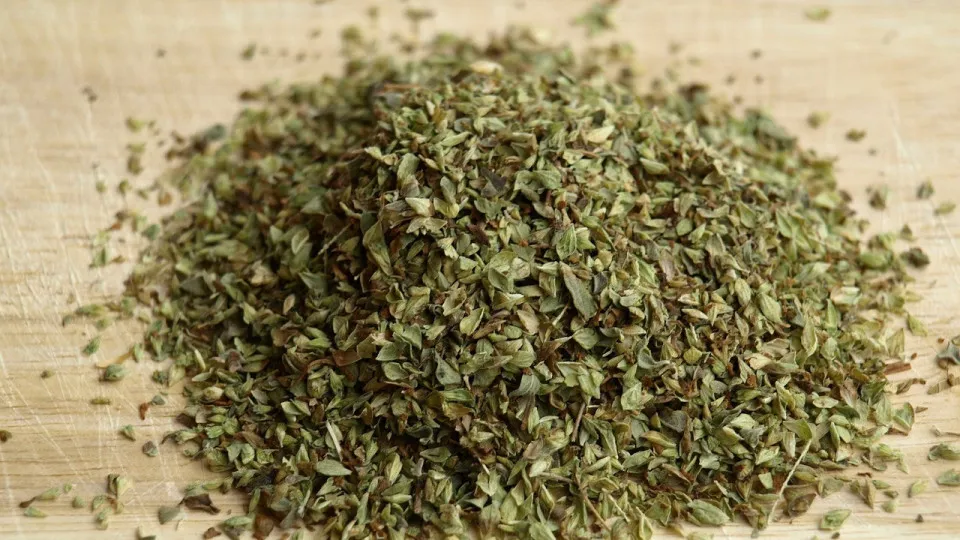
A chromatographic technology developed by the technology institute Ainia, as part of the Fraudet project, enhances food safety and consumer trust by identifying adulterants in spices.
The Spanish institute emphasized in a statement that spice adulteration affects food quality and consumer confidence, compromising both consumer safety and the competitiveness of the agrifood sector.
This type of fraud typically involves substitution or mixing of ingredients with cheaper or unauthorized substances, which “misleads consumers, poses health risks, and damages company reputations.”
Ainia noted that the “growing complexity” of international supply chains “hampers detection, making innovative technological tools essential to verify the authenticity and quality of these products.”
Spice fraud generally occurs in ground or powdered products where unauthorized substances are difficult to detect visually.
For oregano, adulterants such as olive leaves or marjoram have been identified. In saffron, it may involve the use of artificial dyes or mixing with low-cost dried flowers like safflower or calendula.
Ainia analyzed “real samples” of spices from various countries (Peru, Chile, Bolivia, China, Turkey, Afghanistan, Iran, and Greece), comparing them with potential adulterants to identify differences in their aromatic profiles.
The methodology developed by Ainia combines solid-phase microextraction (HS-SPME) techniques with gas chromatography-mass spectrometry (GC-MS), allowing for the analysis of volatile organic compounds (VOCs) and semi-volatile organic compounds (SVOCs) present in spices.
Furthermore, a chemometric statistical model was implemented to detect adulteration and identify specific markers.
The methodology developed in the Fraudet project was validated with real samples through collaboration with agrifood companies in the Valencian Community, a crucial cooperation for verifying its effectiveness.
The outcomes of the Fraudet project open new possibilities in the analysis of aromas and volatile compounds, with applications in identifying Protected Designation of Origin (PDO) foods, studying shelf life and storage conditions, detecting undesirable flavors affecting sensory quality, and ensuring food safety by detecting volatile contaminants.




